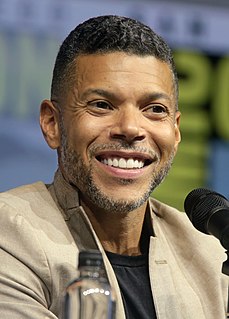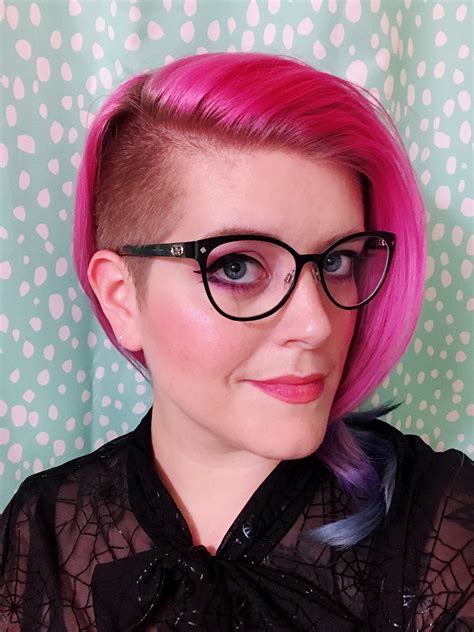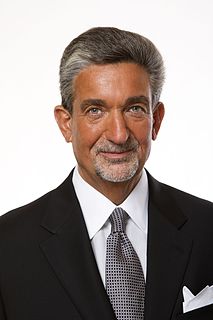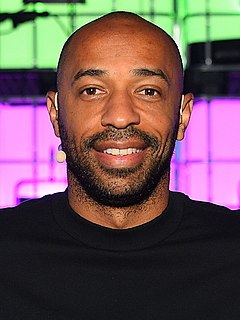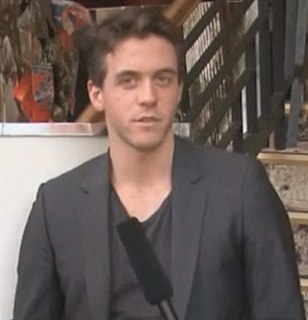A Quote by Jamie Bell
When I see people talking about TV, they're way more animated, way more passionate than when they talk about films.
Related Quotes
I'm not the type to generalise about an entire generation. I think the most general thing I can say, is that things are way more dispersed, and way more de-centralised than they were twenty years ago. I don't really feel like people talk about my generation the way people would talk about Generation X in their early 90's when Nirvana blew up. I feel like there was an easier, more coherent narrative to find, than you can now.
When we talk about LGBT characters on TV we're talking about the entire rainbow, and that includes trans people, and that includes non-binary people, people of color, women, differently-abled people. There is so much opportunity for storytelling there, and I hope that we continue to see more of that.
I think, at some level, we see young people all over the country mobilizing around different issues, in which they're doing something that I haven't seen for a long time. And that is, they're linking issues together. You can't talk about police violence without talking about the militarization of society in general. You can't talk about the assault on public education unless you talk about the way in which capitalism defunds all public goods. You can't talk about the prison system without talking about widespread racism. You can't do that. They're making those connections.
I do think that animated films have the ability to touch you someplace. There is something about live action movies that is different because we know the characters are real people, so they always stay flawed for us somehow. But animated films touch us in a very clear, uncomplicated place. They have that ability. And an animated character can make an expression in a way humans can't do.
The more we as a society make women's sex lives seem like a secret, the more hostile that becomes. Because when you get into that cycle of thinking, no matter what you're doing, you feel shameful about it, because there's no way to talk about it. I think that through talking about it and sharing stories you realize the things you may have felt shameful about are totally normal and totally OK. Everyone's normal in their own way. You can only come to that realization if you're having these conversations, and learning what normal is for other people.
We have important things to talk to the Russians about, despite their meddling in our elections. I hope they're talking about a way to eventually end this horrific humanitarian crisis in Syria, end that war. The Russians have more leverage than we do. I hope they're talking about the fact that, if Kim Jong-un's long-range missiles can reach Alaska one day, they can also reach Vladivostok.
Conversations about films are always funny. I would say a majority of people want to talk about what were the more obvious successes; the big box office films. Other people wanting to be more sensitive to you want to talk about the ones that maybe didn't make a lot of money, but they think you might have a special feeling about. And then other people sometimes want to help you by suggesting that you should have done this or that in the movie, that that would have helped you a great deal in whatever capacity.
Today, if you listen to sports talk radio, they are not talking the right way about most women's sports. Those people will retire, or frankly a lot of them are getting fired or laid off - and we'll get younger people into key media positions who are more egalitarian, more open minded, more respectful.
You can talk about things indirectly, but if you want to talk how people really talk, you have to talk R-rated. I mean I've got three incredibly intelligent daughters, but when you get mad, you get mad and you talk like people talk. When a normal 17-year-old girl storms out of the house or 15-year-old boy is mad at his mom or dad, they're not talking the way people talk on TV. Unless it's cable.



